Equine esteem and horse lovers
Updated: 2015-08-28 07:05
By Yang Feiyue(China Daily)
|
||||||||
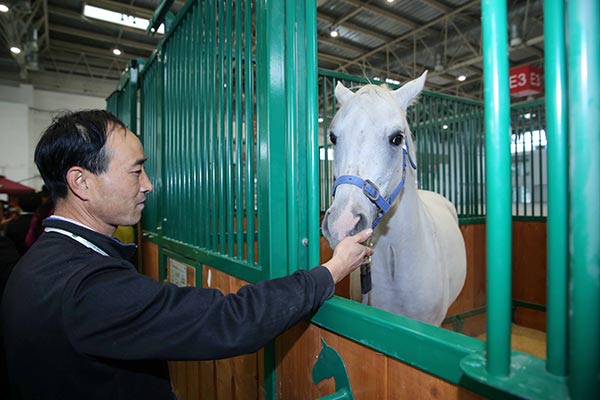 |
|
An international equestrian expo held in Beijing last year attracted horse-riding lovers. [Chen Xiaogen / China Daily] |
Bai Ying's stained apron and waterproof boots show equestrian ownership is not the preserve of the superrich.
The white-collar Beijinger cares for her horse at a stable in the capital's Daxing district most mornings before work. (The ultra-wealthy pay others to do the dirty work.)
She bought the animal from the Inner Mongolia autonomous region's Xilin Gol League for 30,000 yuan ($4,700) six months ago.
She pays Huanglin Horsemanship 2,000 yuan a month for maintenance.
Bai not only feeds the horse but also acclimatizes it to things such as switches and plastic bags wafting through the air. Critically, she establishes a rapport with the animal.
She rides it for about four hours on weekends.
Bai decided to get her own horse after riding for nearly four years.
"You don't pay attention to establishing a relationship with a horse when you start learning how to ride," she says.
"But you can forge an intimate bond after you master the basics."
Horses at public clubs encounter so many people that it is difficult to establish individual connections, Bai says.
Her horse comes when she calls it by name. And it is becoming more obedient, she says.
"It's satisfying to see my efforts pay off and my horse respond."
China is home to an estimated 5,000-10,000 private horse owners, says Wutzala, editor-in-chief of the Chinese equestrian-website Horse.org.cn and a Manchu.
The figure does not include breeders or intermediaries.
Most private horses are entrusted with the mainland's roughly 500 clubs.
Each club averages 10-20 private horse owners. Most are in Beijing, and Hebei, Shandong and Zhejiang provinces.
"Most Chinese horse owners are rich," Wutzala says.
Many buy for events. Some hope to show off wealth, he says.
About 2,000 horses have been imported annually since 2007.
Owners often visit countries such as Germany, France, Belgium and the Netherlands to buy horses for jumping events. Or they buy them in Portugal and Spain, for dressage, in which the horse and rider "perform from memory a series of predetermined movements", according to the International Equestrian Federation's definition.
- Hungary scrambles to confront migrant influx
- Turkey to hold snap parliamentary election
- Caroline Kennedy used personal email for official business
- Czech appeals for closing Schengen external border
- DPRK says inter-Korean contact gives lesson to South Korea
- Trial starts for Chinese scholar expelled from Norway
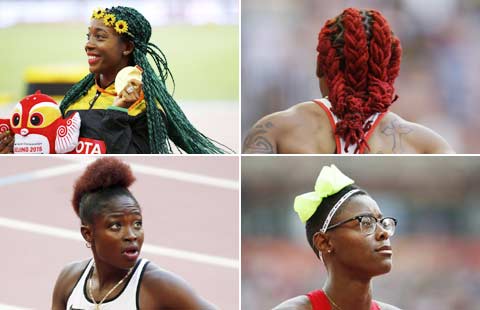
 Hairdos steal the limelight at the Beijing World Championships
Hairdos steal the limelight at the Beijing World Championships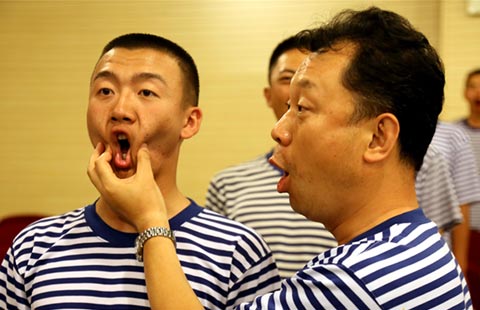
 Chorus of the PLA gears up for Sept 3 parade
Chorus of the PLA gears up for Sept 3 parade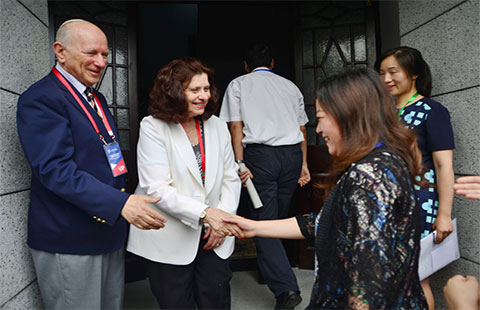
 Iconic Jewish cafe 'White Horse Coffee' reopens for business
Iconic Jewish cafe 'White Horse Coffee' reopens for business
 Beijing int'l book fair opens new page
Beijing int'l book fair opens new page
 Top 10 Asia's richest tech billionaires in 2015
Top 10 Asia's richest tech billionaires in 2015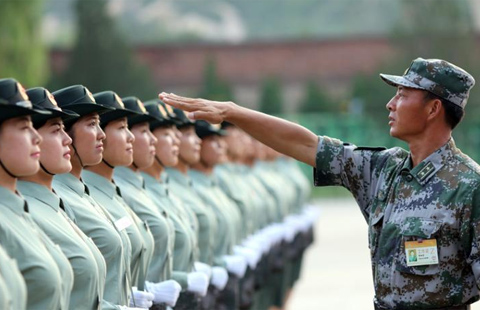
 Female honor guards train for military parade debut
Female honor guards train for military parade debut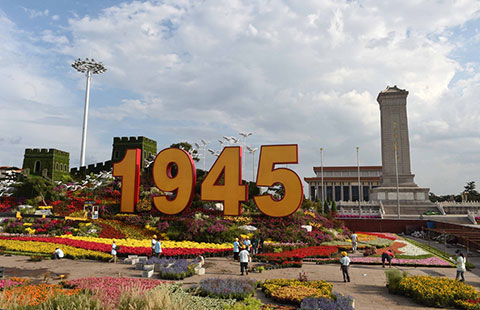
 Floral replica of the Great Wall appears on Tian'anmen Square
Floral replica of the Great Wall appears on Tian'anmen Square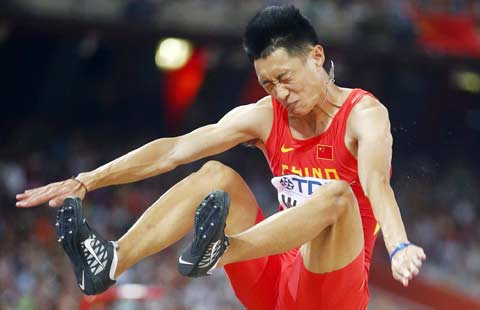
 Chinese long jumpers leap to history
Chinese long jumpers leap to history
Most Viewed
Editor's Picks

|

|

|

|

|

|
Today's Top News
China not the only reason global stock markets are in a tailspin
Market woes expected to delay Fed hike
Gunman had history of workplace issues
11 under probe and 12 detained over Tianjin blasts
War anniversary: Britons born in captivity, raised in freedom
Too hard to say goodbye to Tibet: China's Jane Goodall
Two US TV journalists fatally shot on air
Smaller cub died at National Zoo
US Weekly

|

|






